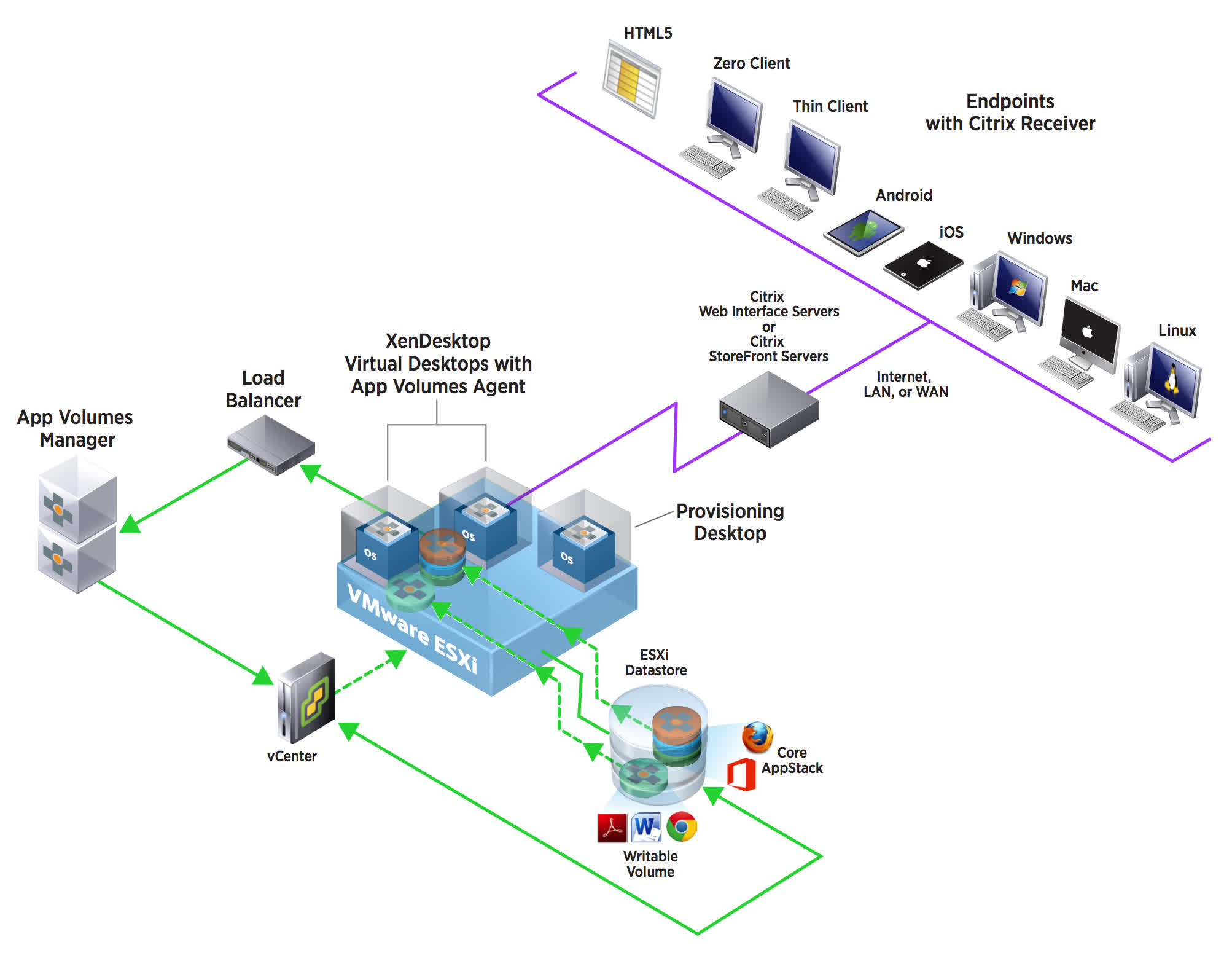In context: Broadcom's management of VMware since the acquisition has led to widespread dissatisfaction among customers, with many considering reducing or eliminating their ties with the company. The pressure is mounting for customers to either commit to a VMware subscription, forgo VMware support, or transition away from VMware technologies entirely.

In the wake of Broadcom's acquisition of VMware in late 2023, a growing number of customers have expressed discontent with the virtualization giant's new direction. The changes implemented by Broadcom have left many organizations at a crossroads, facing difficult decisions about their IT infrastructure.
Ars Technica spoke with an IT vendor manager from a global food manufacturing company with approximately 5,500 employees. The manager, who requested anonymity due to privacy concerns, has been using VMware's vSphere since the early 2000s. "We love it," the manager told Ars Technica. "It's hard for us to figure out how we can live without it, but we're going to."
The food manufacturer relies heavily on VMware, with about 300 virtual machines and every company application running on top of VMware. However, their five-year enterprise agreement expired in December, leaving them ineligible for VMware support unless they purchase a subscription. The IT manager revealed that costs associated with running vSphere are set to increase fourfold, largely due to Broadcom bundling unwanted VMware products together. "They wouldn't sell us what we need," the manager explained.

The issue of support and pricing is not unique to this company. Martin Biggs, VP and managing director of strategic initiatives and EMEA at Spinnaker, a company now offering software maintenance support for VMware, told Ars Technica that organizations are reporting price increases of three to six times on average. The largest price hike Spinnaker has encountered is a reported twentyfold increase.
While Broadcom has started offering some discounts – reducing price increases from seven- or eightfold to three- or fourfold in some cases – concerns persist. Michael Warrilow, a Gartner VP analyst, told The Register that Broadcom may raise VMware prices even further in the future. He also highlighted Broadcom's preference for two- or three-year subscriptions, which could leave customers facing even steeper costs sooner than anticipated.
Recent reports and discussions on Reddit suggest that customers are being pressured into three-year VMware subscriptions.
Support has become a critical issue for many customers. The food manufacturer's IT manager reported that after Broadcom's acquisition, they were no longer able to contact VMware directly for support. Instead, they were directed to IT distributor Ingram Micro, with response times stretching to a week or longer. This change came after Broadcom informed the company it wasn't large enough to receive direct support.

The diagram above showcases an integration of VMware and Citrix XenDesktop for virtual desktop provisioning and application management across various types of endpoint devices.
Migrating away from VMware is not the easy option as it has many challenges. A January Gartner research note estimated that large-scale migrations, involving 2,000 or more VMs, could take 18 to 48 months. Even for midsize enterprises, untangling dependencies on VMware's server virtualization platform could take at least two years.
For the food manufacturer, the biggest hurdle in moving away from VMware is internal rather than technical. "We just don't have enough internal resources and timing," the manager told Ars Technica. "That's what I'm worried about. This is going to take a lot of time internally to go through this whole process, and we're shorthanded as it is. It's such a big, heavy lift for us, and we're also very risk averse, so swapping out that piece of technology in our infrastructure is risky."
The executive added: "We loved VMware. And then when Broadcom bought 'em, we hated 'em."
In response to these complaints, Broadcom directed inquiries to a blog post by CEO Hock Tan outlining the company's VMware strategy. In the post, Tan claimed that Broadcom is "flexible and open" regarding subscriptions, stating, "Customers have choice when deciding the length of their subscriptions, whether they purchase directly from us at Broadcom or through channel partners. Either way, we will structure contract durations in alignment with our customers' journeys."
However, despite Broadcom's assurances, a VMware customer contacted by Ars Technica confirmed the claims made in recent Reddit posts about being pressured into three-year commitments.
"We loved VMware. Now we hate it": Customers react to Broadcom's changes